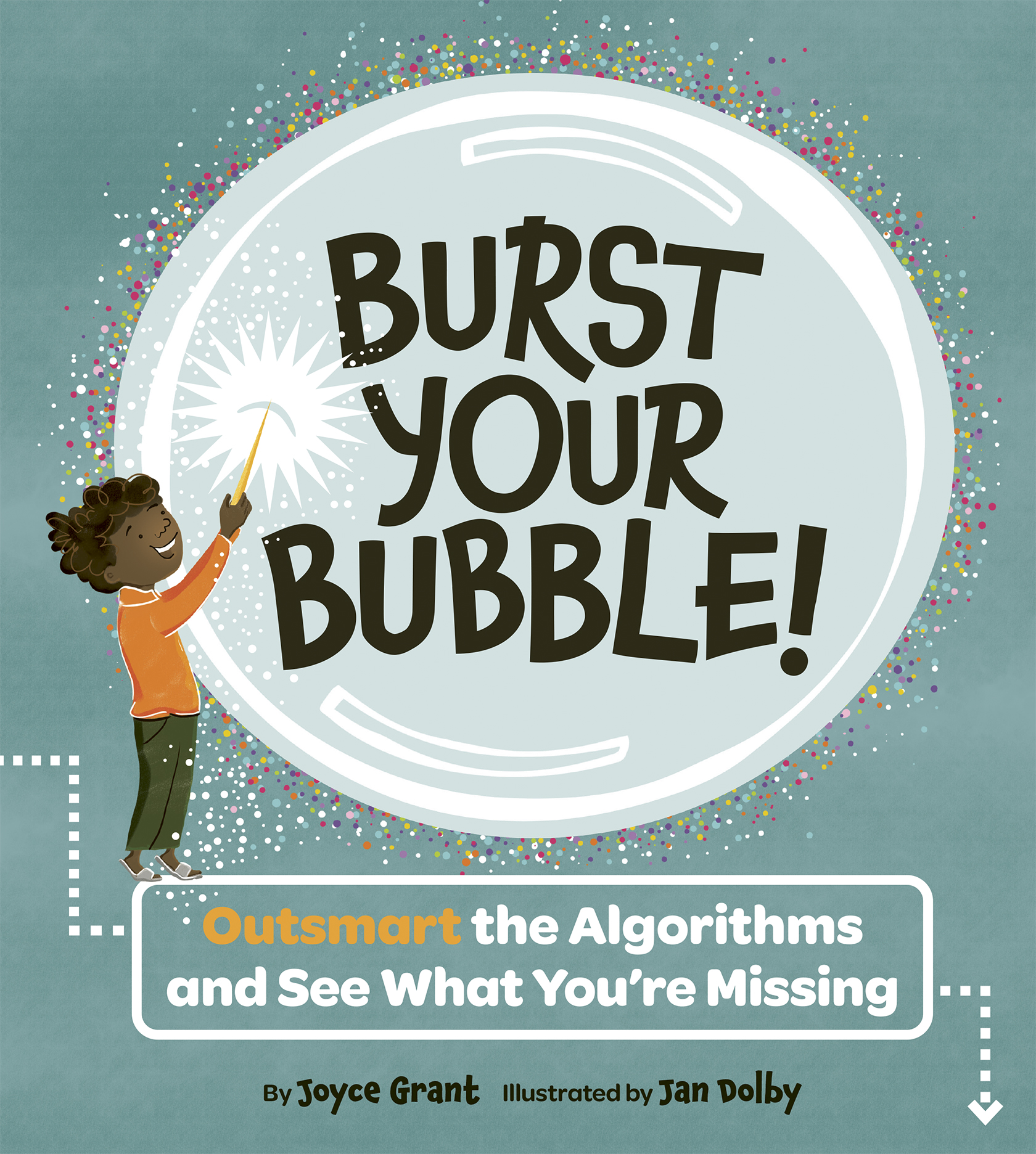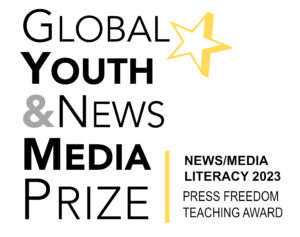 Since the earthquake in Japan last month, people around the world have wanted to help. Many people have helped by donating money, clothing, or food.
Since the earthquake in Japan last month, people around the world have wanted to help. Many people have helped by donating money, clothing, or food.
Artists in Canada and the United States have come up with ways to raise money for Japan. There have been many music concerts in both countries. Recently in Toronto there were three: Canada Rocks 4 Japan, the Hope Blossoms Benefit Concert, and the Eternal Sunrise Japan Benefit.
A “benefit concert” means that the musicians perform for free and most of the money made from ticket sales goes to Japanese families affected by the earthquake.
Some musical artists and groups have also donated their time and music to a CD that is being sold across North America. The CD is called the Songs for Japan Benefit Album. Lady GaGa, Justin Bieber, Rihanna, Justin Timberlake, and Katy Perry are just a few of the 38 musicians who have songs on the album. Money made from selling the Songs for Japan Benefit Album will go to Japanese earthquake victims.
It’s not only musicians who are donating their time and talent to raise money for Japan’s earthquake victims. Visual artists – painters and sculptors – recently held an art auction on the Internet, called Artists Help Japan. People bid money on different pieces made by Canadian artists. The money that people paid for the art went directly to communities in Japan.
Canadian and American artists and musicians are doing a lot to help raise money for Japanese families and communities affected by the earthquake. The money made from these different concerts, CDs, and art auctions will go to the people who need it and they will know that many people far away are thinking of them and wishing them well.
CURRICULUM CONNECTIONS
Writing/Discussion Prompt
This article describes some of the ways that people have been helping Japan recover from the terrible earthquake and tsunami. Some of the ways artists raised money was through concerts, CDs and art auctions. The people who bought the concert tickets, CDs and pieces of art all contributed money to Japan, but they also got something for themselves.
Do you think that when we donate money to a serious situation, like the one in Japan, we should get something for ourselves (such as a CD)?
Reading Prompt
Before reading the article, write down all of the information that you know about the situation in Japan.
After reading the article, discuss or write down how your background knowledge helped you to understand today’s article.
Primary
Identify several reading comprehension strategies and use them before, during, and after reading to understand texts (OME, Reading: 1.3).
Junior
Identify a variety of reading comprehension strategies and use them appropriately before, during, and after reading to understand texts (OME, Reading: 1.3).
Intermediate
Identify a variety of reading comprehension strategies and use them appropriately before, during, and after reading to understand increasingly complex texts (OME, Reading: 1.3).
Grammar Feature: affect v. effect
Both kids and grown-ups frequently get confused by the words affect and effect. Although they sound similar, they have different meanings.
Affect means “to influence” (it is a verb) – for example, The rain affected our game of outdoor soccer because it had to be cancelled.
Effect means “a result” (it is a noun) – for example, The sound effects in the movie made me feel scared!
An example of the use of affect in the article is: “A ‘benefit concert’ means that the musicians perform for free and most of the money made from ticket sales goes to Japanese families affected by the earthquake.”
Write two sentences – one that uses the word affect (verb) and one that uses effect (noun). Show your sentences to a partner, teacher or parent to make sure you used the words correctly.







